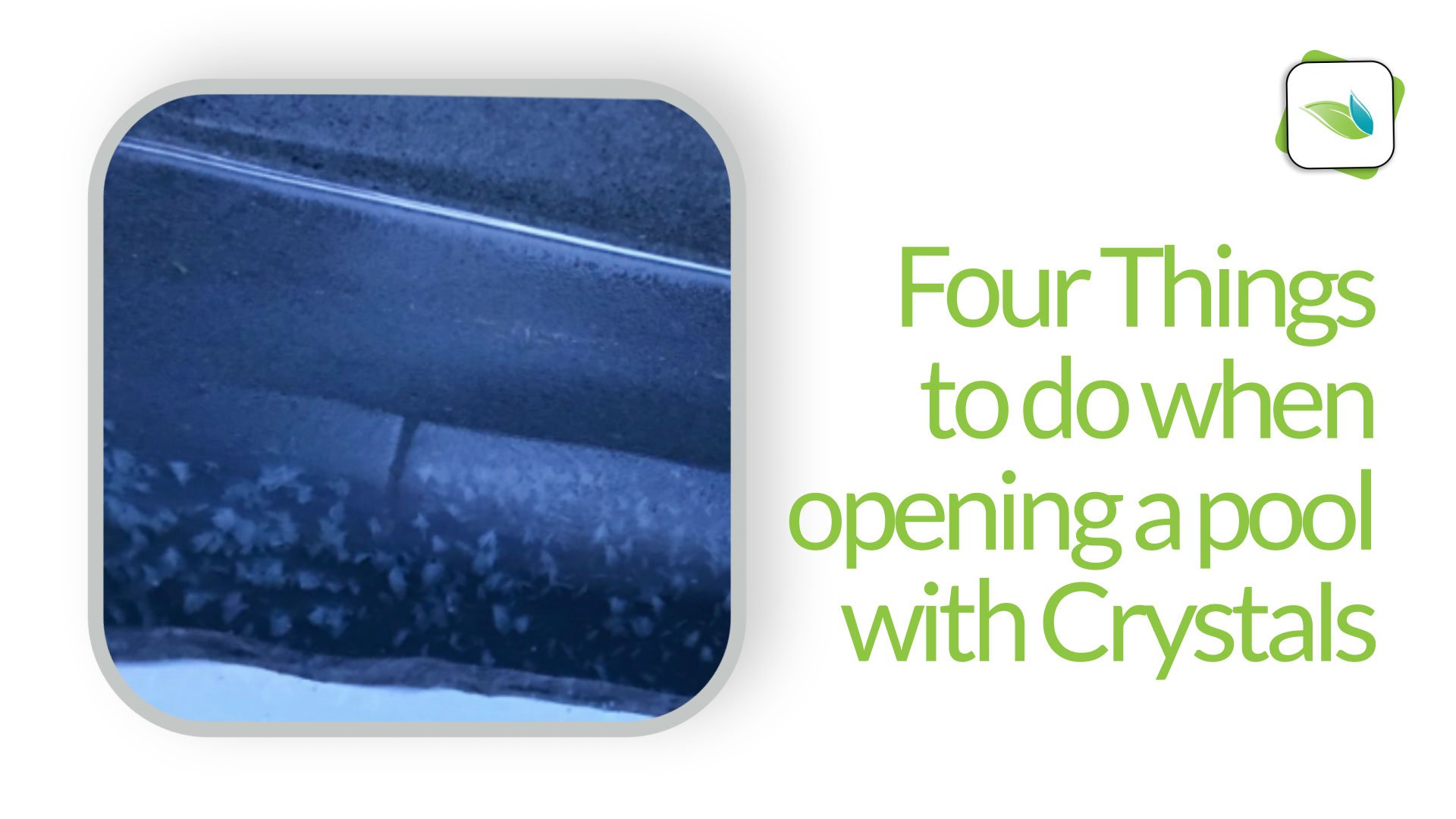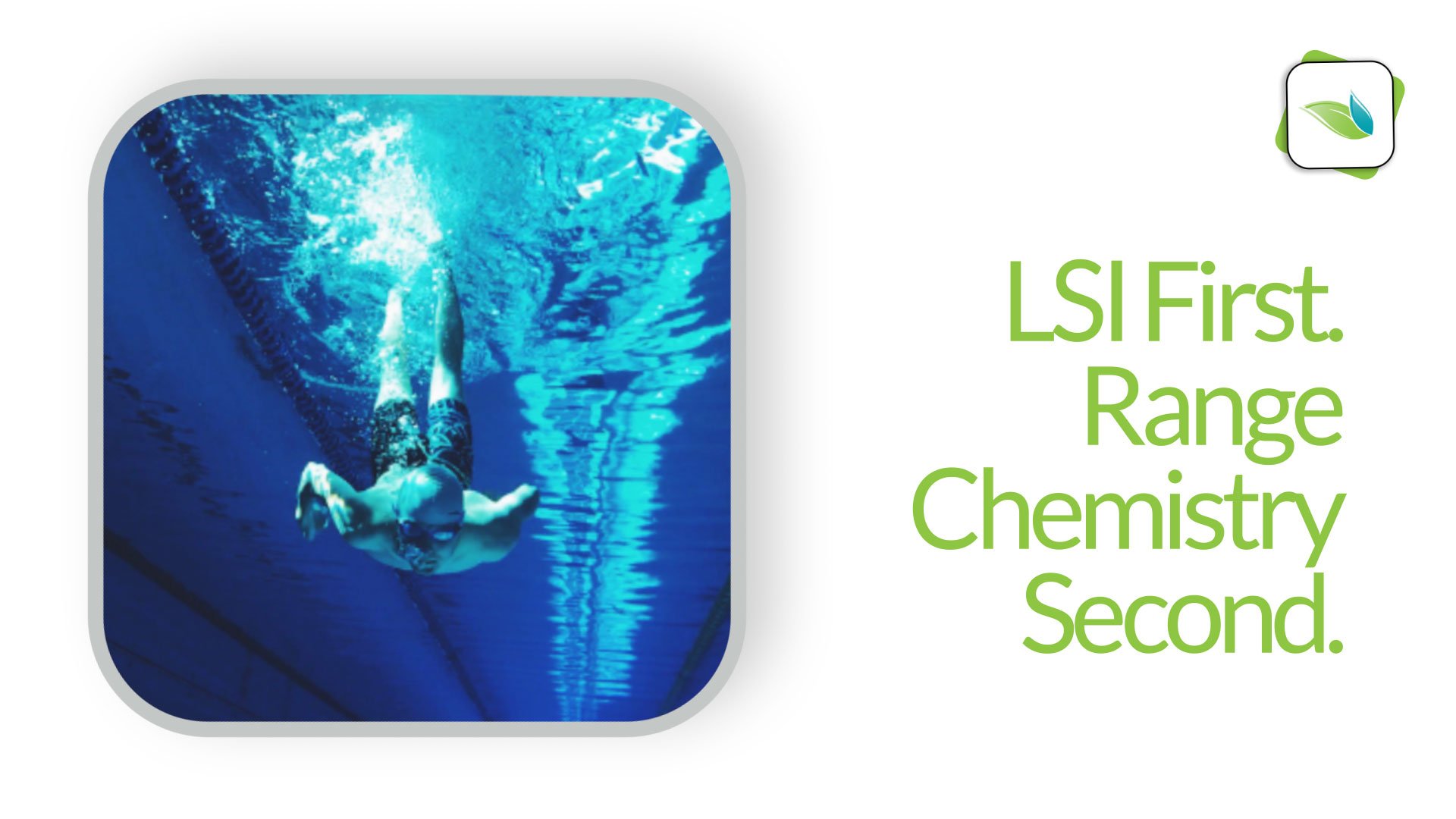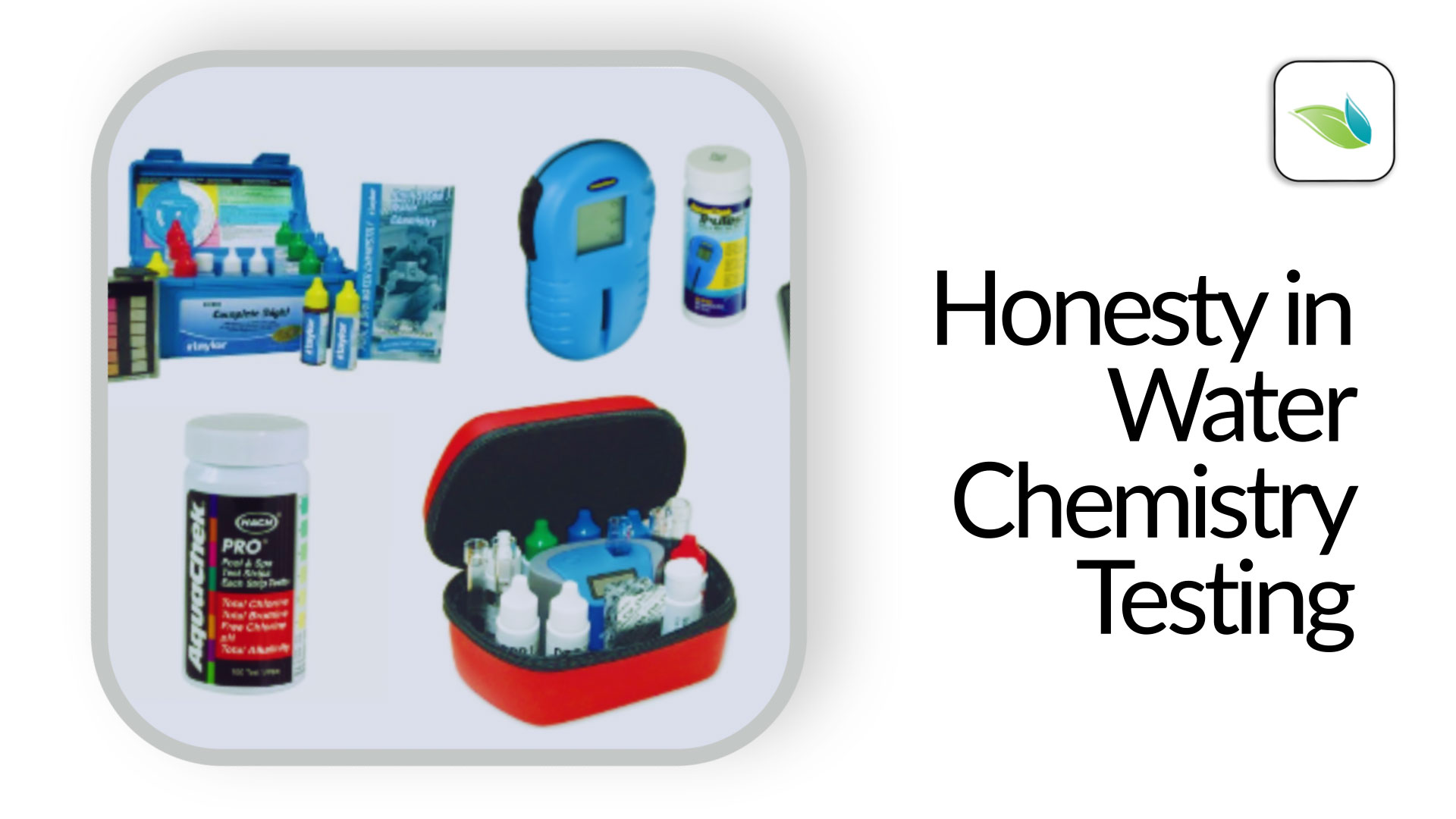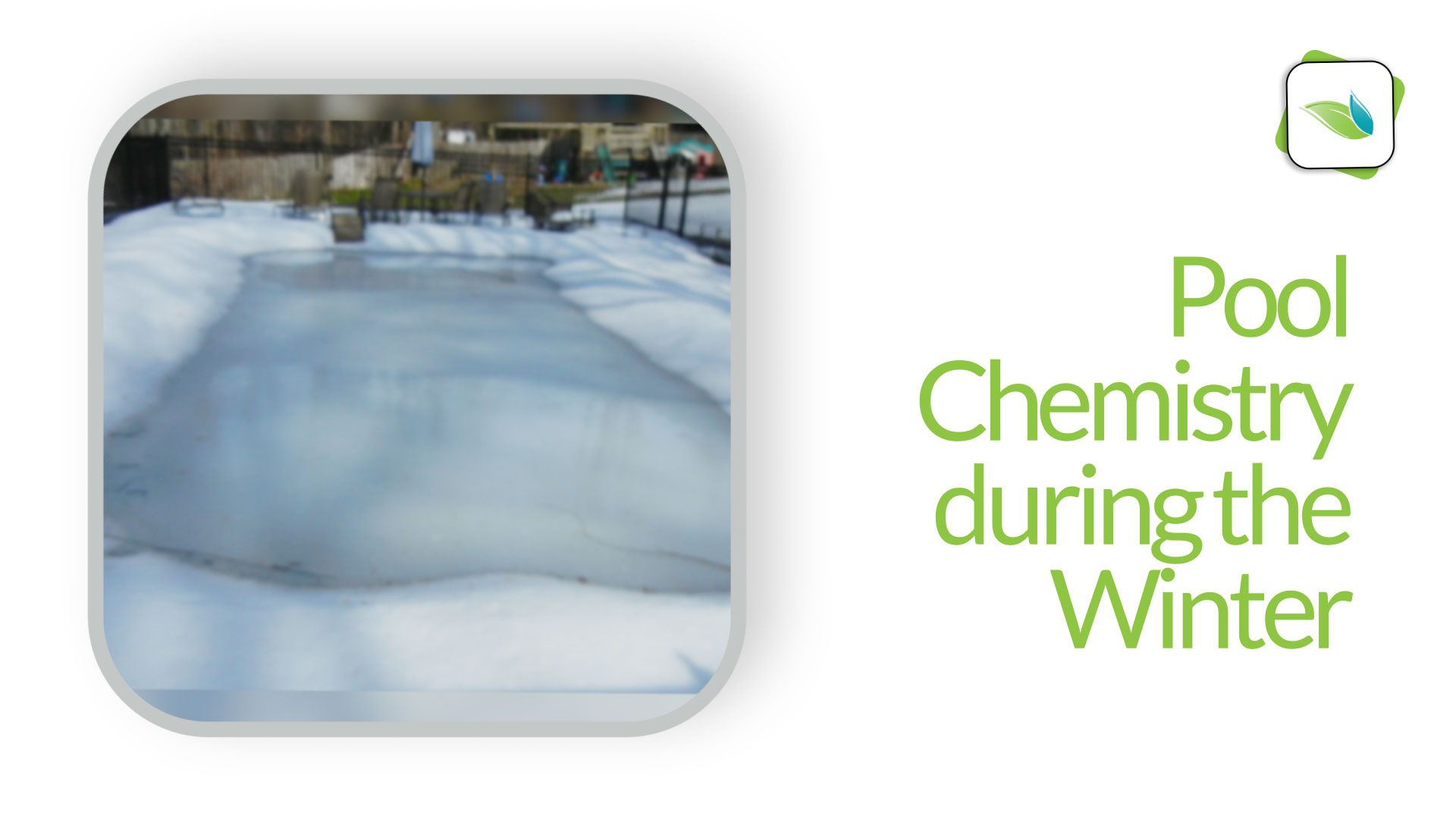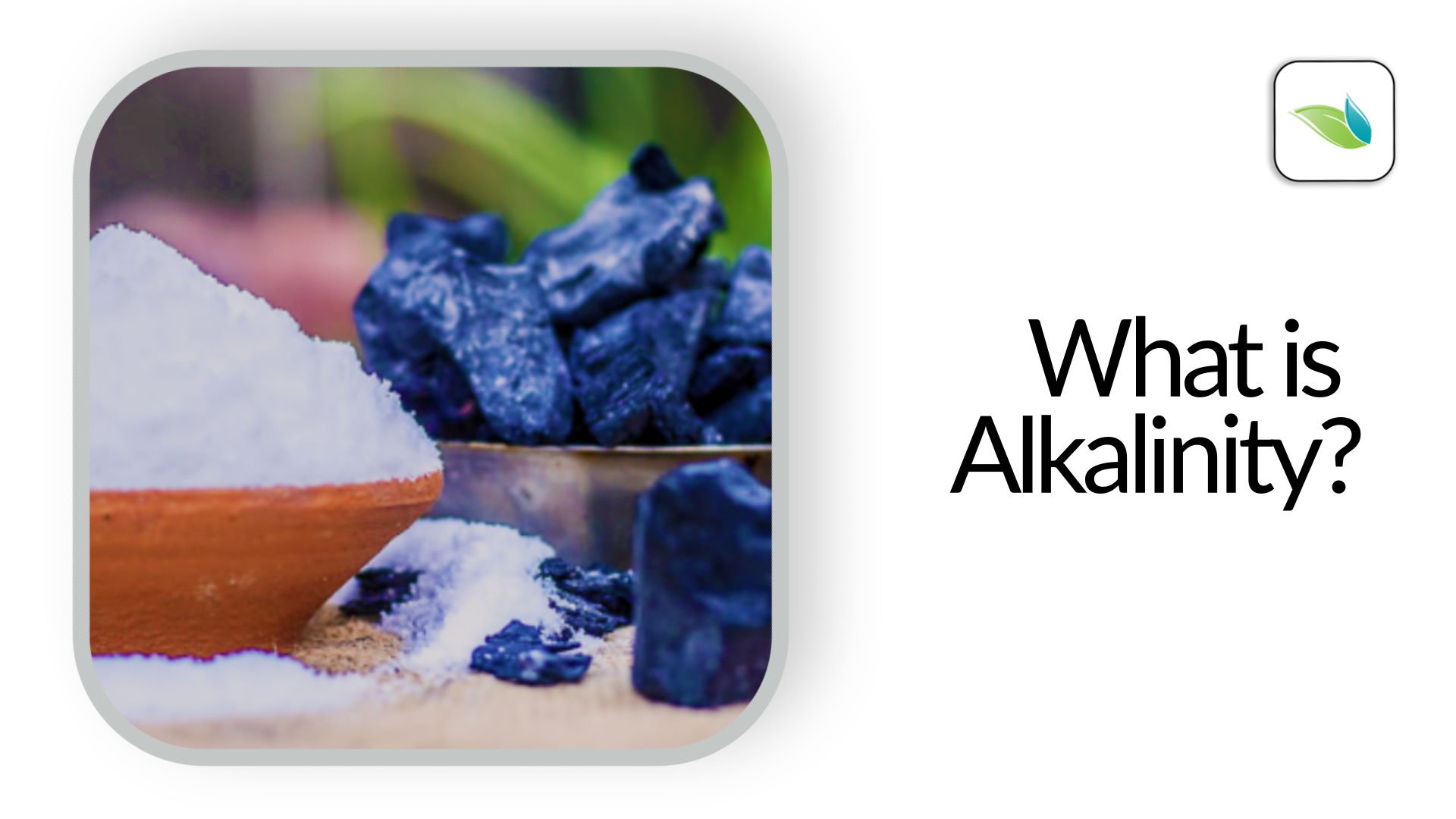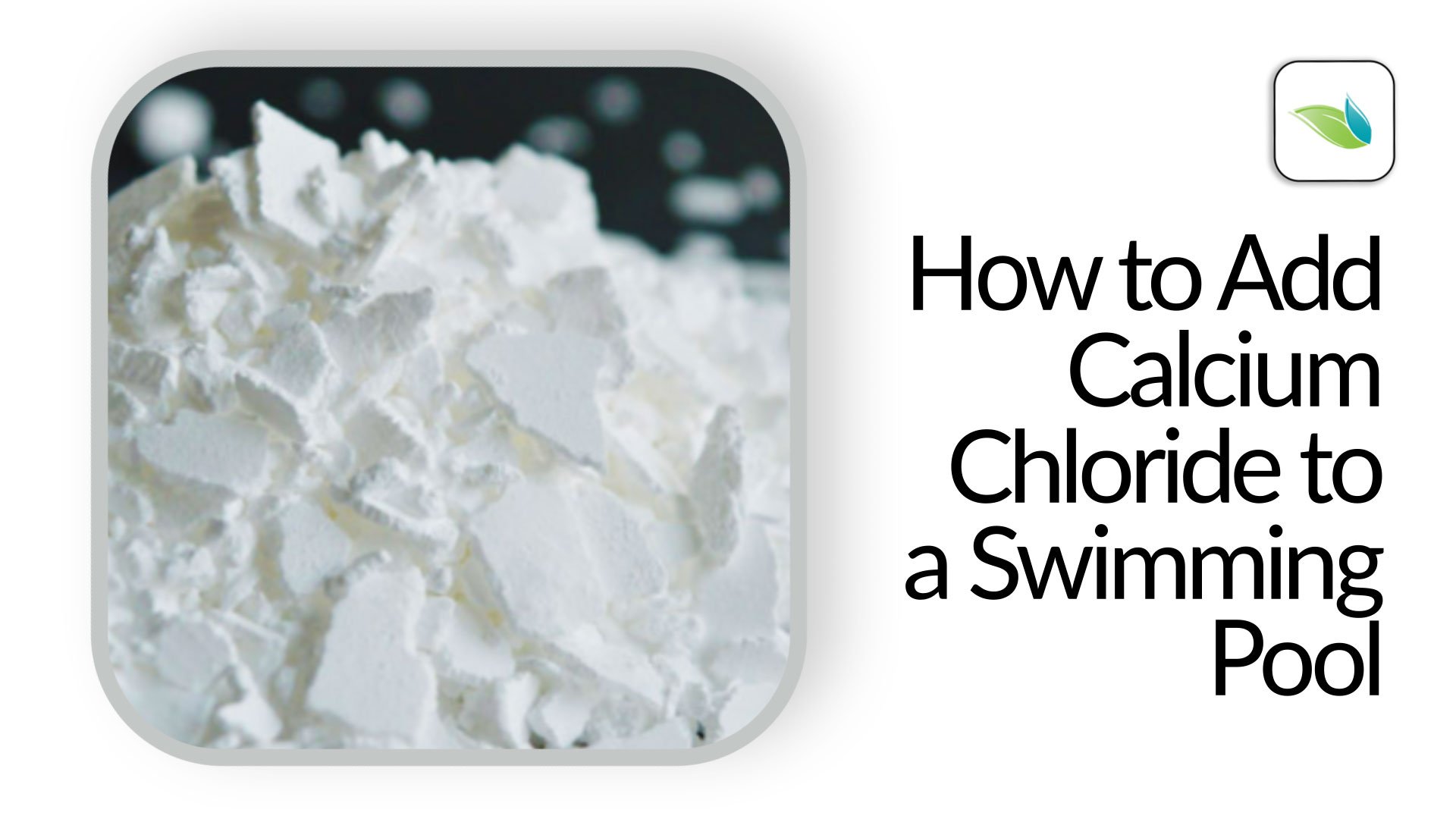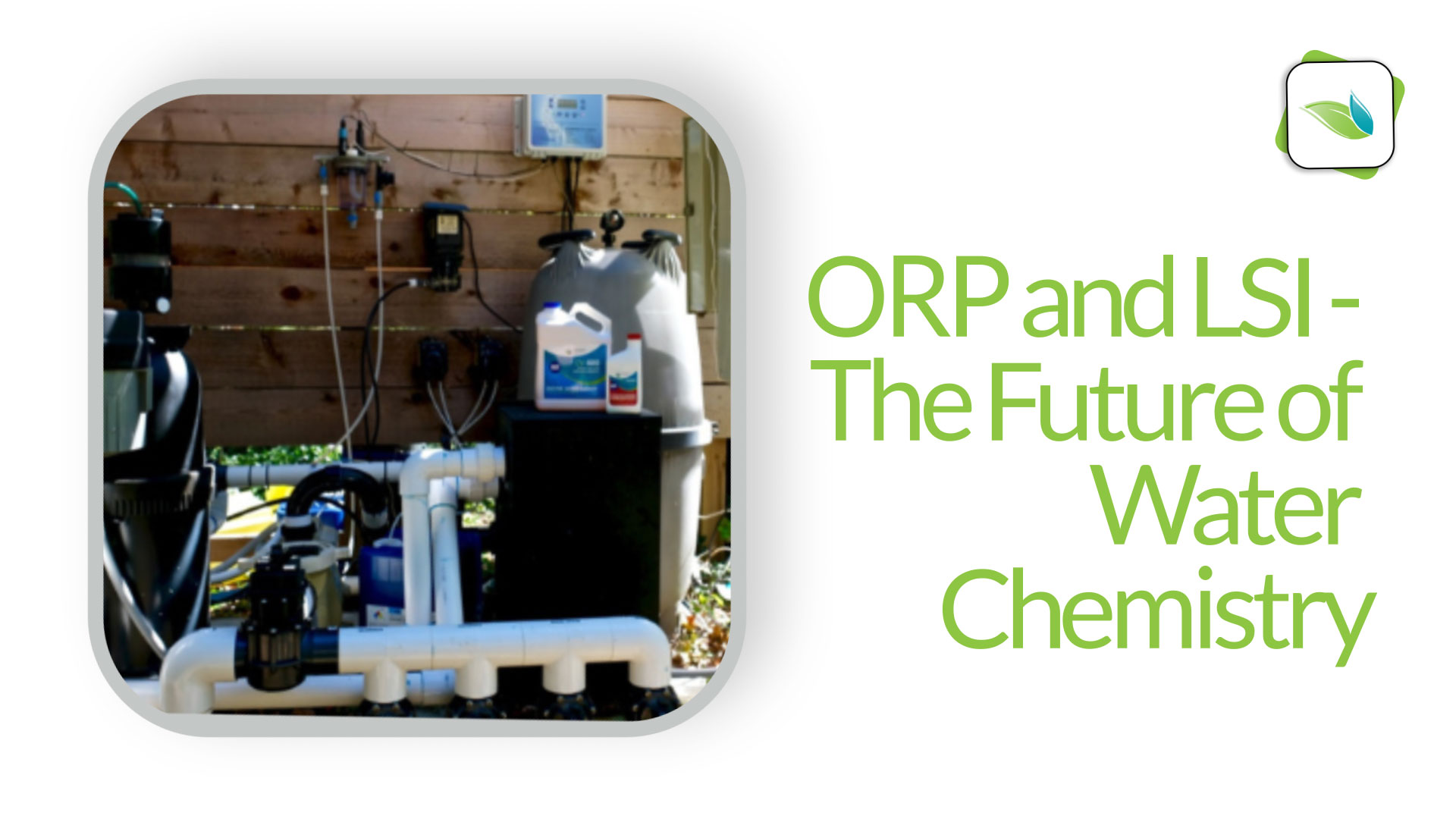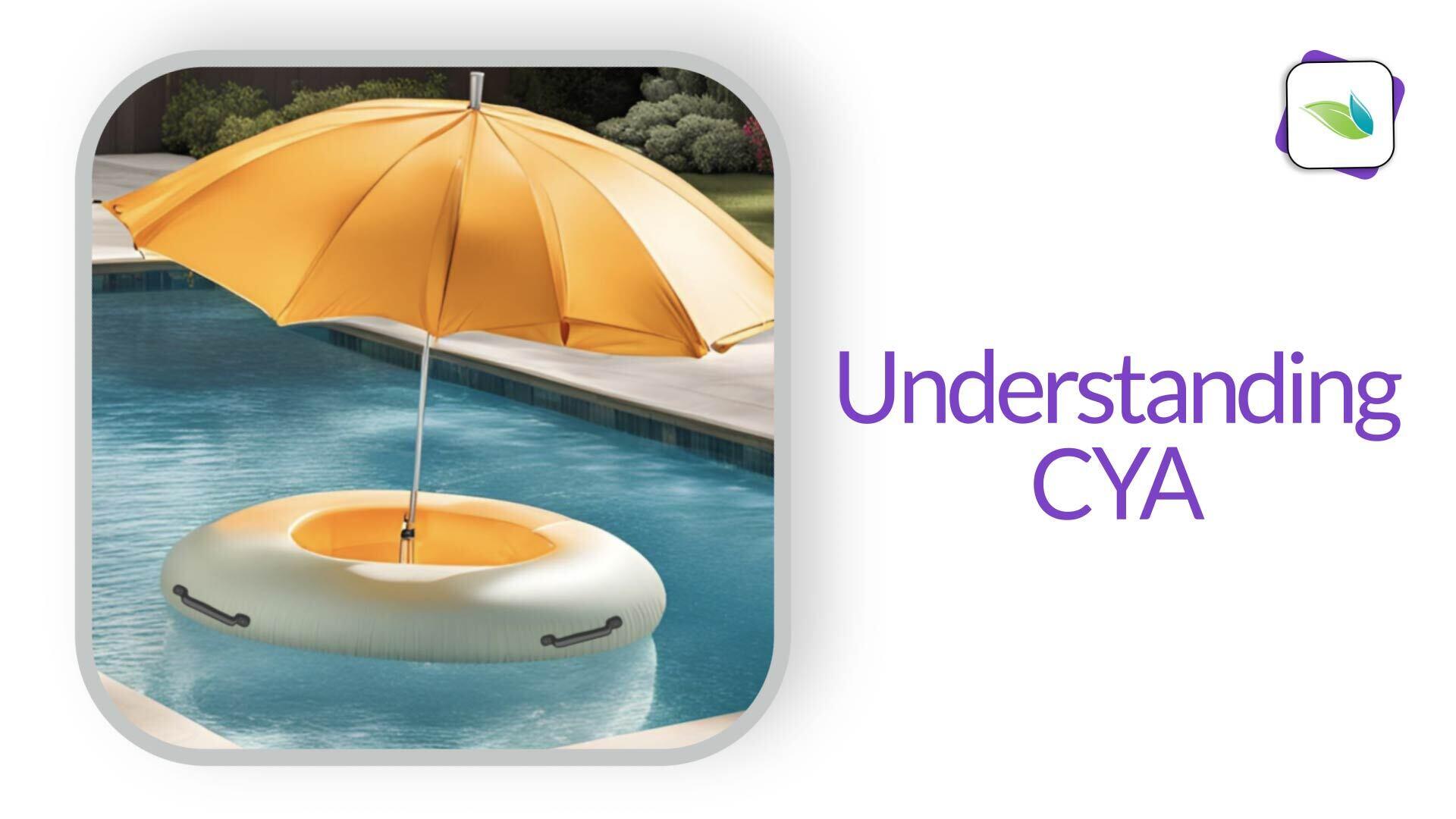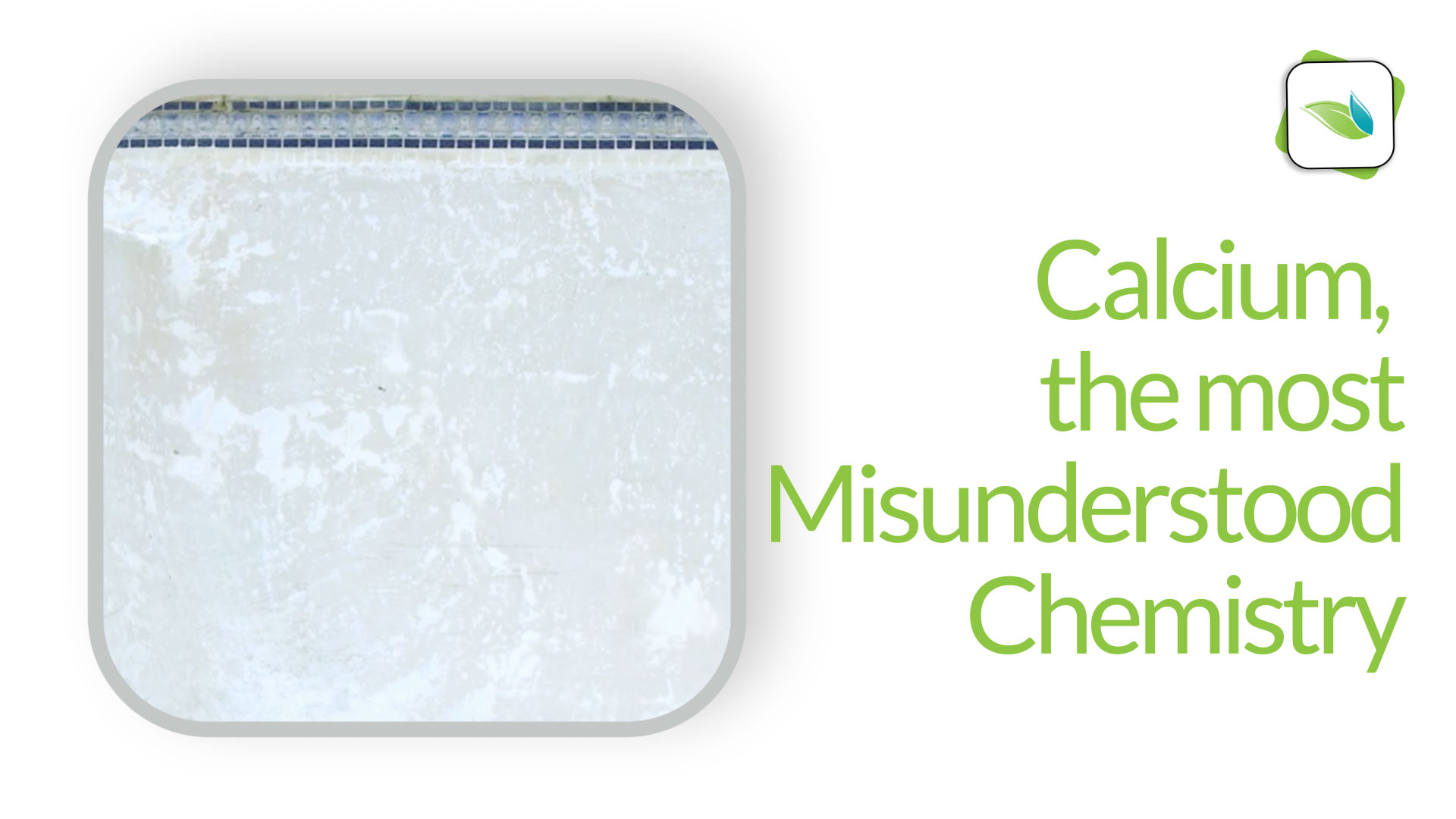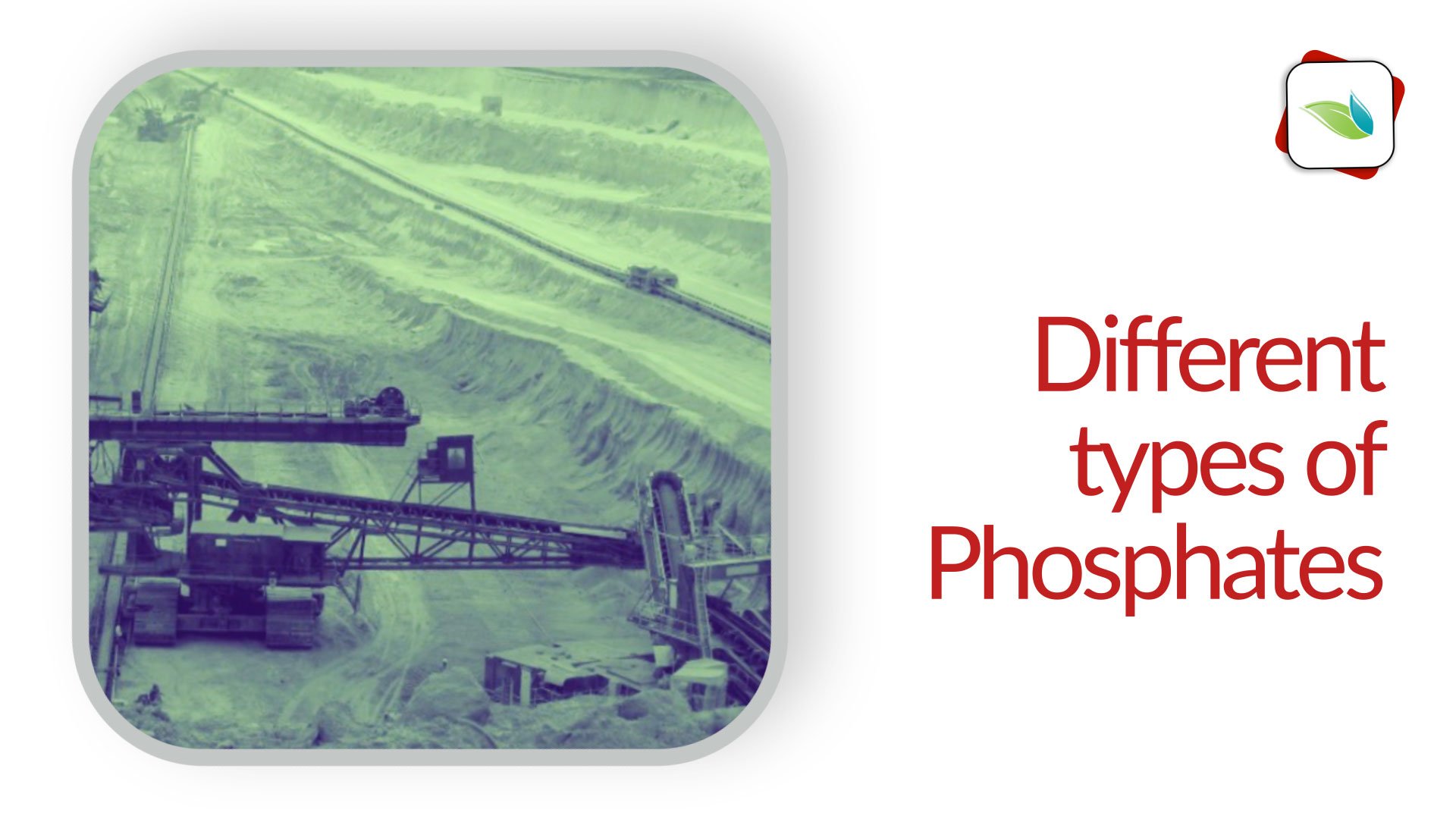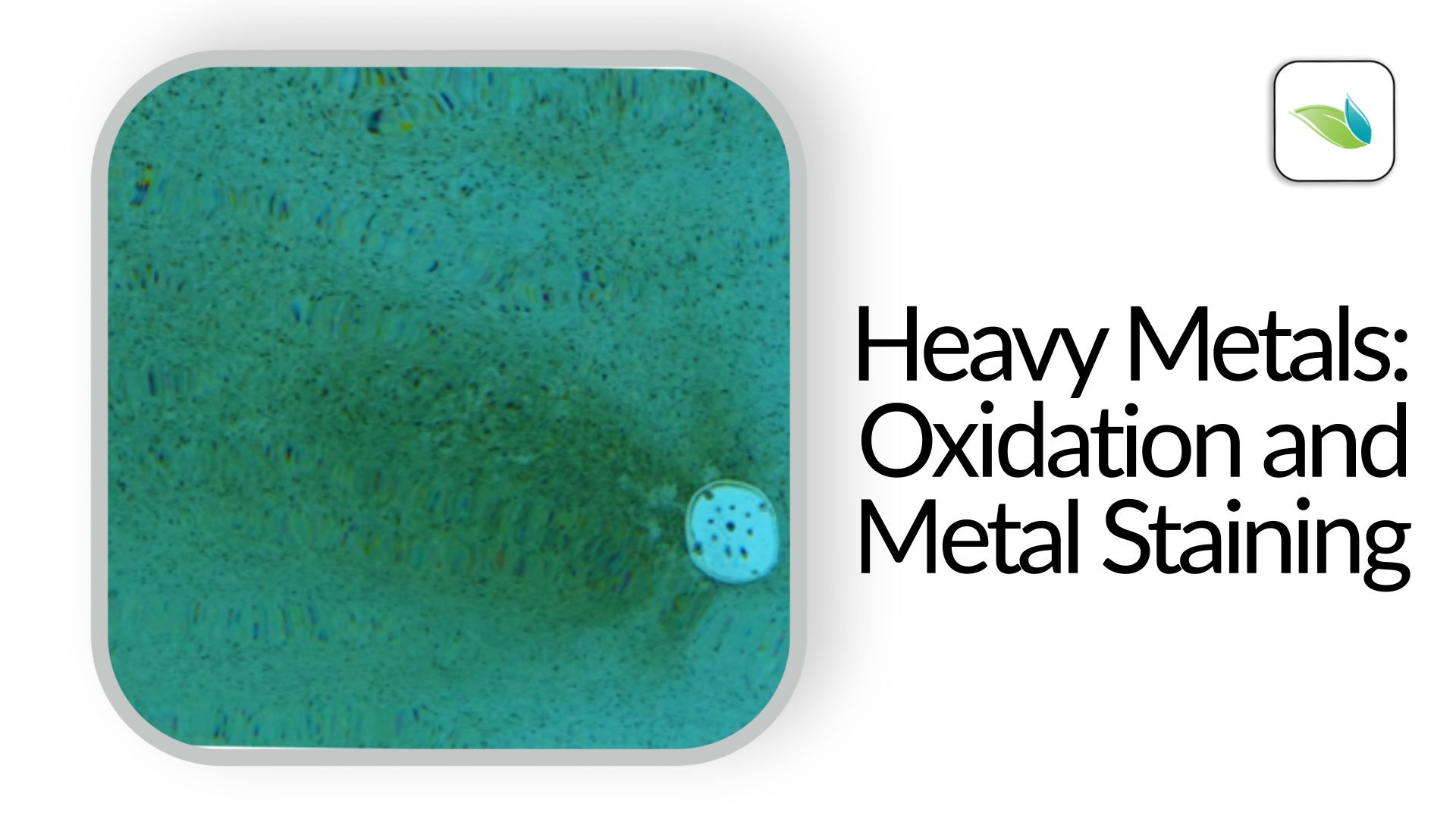How to Open a Pool with Crystals in it
What are you going to do if you remove a winter pool cover and find calcium crystals in the pool? If you have encountered winter crystals in the past--and you may have thought it was 'scale'--what did you do in the past? Did it work? This article will outline four things Orenda recommends if you are trying to open a pool with crystals in it.

